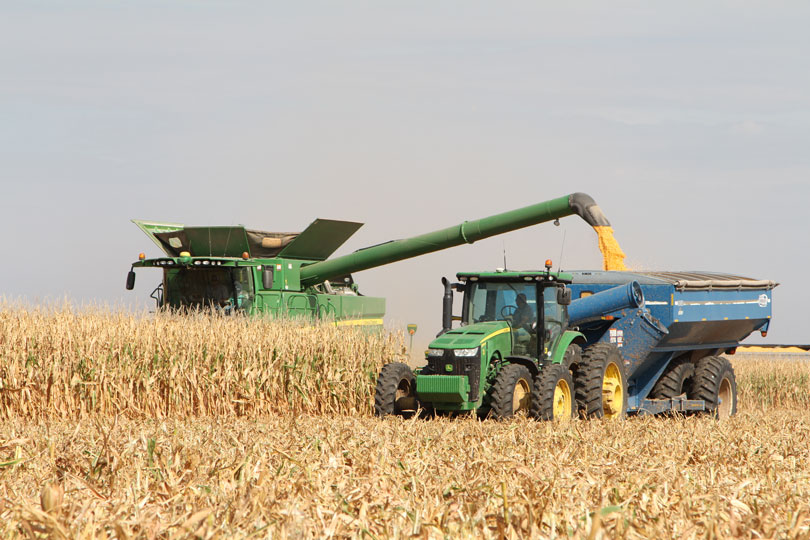By Jennifer Dorsett
Field Editor
The U.S. Senate Committee on Agriculture, Nutrition and Forestry recently passed the U.S. Grain Standards Reauthorization Act of 2020 (USGSA), paving the way for the bill to head to the Senate floor for a full vote.
The U.S. Department of Agriculture’s (USDA) Federal Grain Inspection Service (FGIS), originally established by Congress in 1916, has long provided certainty to foreign trade partners that all U.S. grains and oilseeds have been inspected and certified by an independent agency. It also provides great value to U.S. commodities, enhancing America’s competitiveness in the world market.
The certainty and reliability provided through the inspection service helped grow export markets for Texas and U.S. commodities and helps ensure farmers receive premium prices for their products, Texas Farm Bureau (TFB) Associate Director of Commodity and Regulatory Affairs Brant Wilbourn said.
USGSA also prohibits any deceptive practices during the inspection or weighing of grain, such as altering official certificates or adding foreign materials to the grain and provides penalties for any violations.
Wilbourn noted it is these protocols that international buyers have come to expect that keep U.S. grain commodities competitive.
“Even though there have been some significant impacts from tariffs on exports, U.S. grains have maintained competitiveness in international markets in part because of our grain inspection system,” Wilbourn said. “TFB policy acknowledges the importance of continuing this program and the positive effect it has had on our grain exports. The inspections have helped build our reputation for grain quality, and we’re glad to see the Senate realizes the value of this service.”
Without reauthorization, FGIS would run out of funding in September.
The inspection system covers barley, canola, corn, flaxseed, oats, rye, sorghum, soybeans, sunflower seeds, triticale, wheat and mixed grains.
Official grain standards define each grain and the classes and numerical grades for each one.
With uncertainty in trade agreements and a challenging U.S. agricultural economy, protecting FGIS is a high priority, Wilbourn added. A lapse in funding could severely damage the U.S. grain export market.
“We want to make sure that Texas farmers have good export markets for their crops and keeping the grain inspection system in place helps accomplish that,” Wilbourn said. “Uninterrupted trade is more important right now than ever. Any loss of our footholds in the international market could be disastrous for farmers. It’s important that the Senate get this bill moving and over to the president as soon as possible.”
The 2020 reauthorization bill extends the USDA’s authority to collect fees through Sept. 30, 2025. By law, all fees collected by FGIS must be “reasonable” and used solely for activities directly related to the program.
After passing the Senate, the reauthorization must pass the U.S. House of Representatives before heading to President Trump’s desk to be signed into law.

